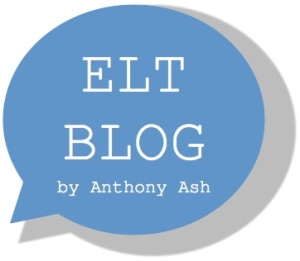The classroom can be a messy place, especially if you are working on projects or teaching Young Learners. Even during a standard adult lesson the classroom can end up in tatters, covered in pieces of paper, pens left behind and books and folders everywhere.
I recently came across this infographic from Quill. In the style of the Life Hacks you see on social media day in day out, this infographic is a Classroom Hack filled with top tips for keeping classroom clutter to a minimum.
I hope you find it useful. Some of the hacks seem so simple, yet so innovative, that they might just be the trick you’re looking for.





